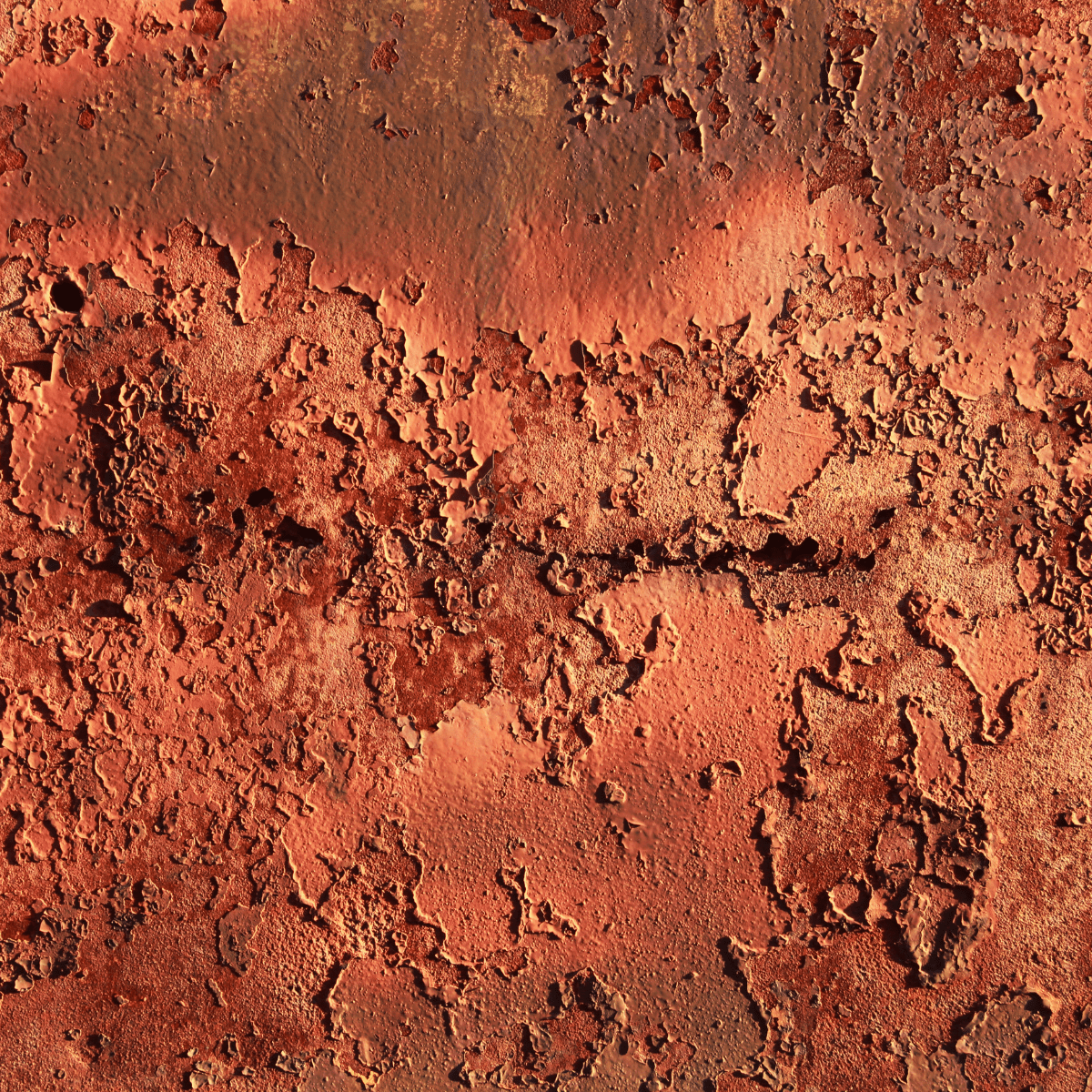Microbiological Induced Corrosion: What Is It And How Can It Harm My System, And How To Prevent It
Microbiologically induced corrosion (MIC) is a type of corrosion that is caused by the presence of microorganisms. These microorganisms can produce acids, gases, and other substances that can damage metal surfaces. MIC can occur in a variety of environments, including seawater, freshwater, soil, and industrial fluids.
There are two main types of MIC:
- Aerobic MIC: This type of MIC is caused by microorganisms that require oxygen to survive. These microorganisms typically produce acids that can corrode metal surfaces.
- Anaerobic MIC: This type of MIC is caused by microorganisms that do not require oxygen to survive. These microorganisms typically produce hydrogen sulfide, which can corrode metal surfaces.
MIC can cause a variety of problems, including:
- Pitting corrosion: This is a type of corrosion that causes small, deep pits to form on metal surfaces. Pitting corrosion can lead to the failure of metal components.
- Crevice corrosion: This is a type of corrosion that occurs in narrow spaces, such as between two metal surfaces. Crevice corrosion can also lead to the failure of metal components.
- Galvanic corrosion: This is a type of corrosion that occurs when two different metals are in contact with each other in the presence of an electrolyte. Galvanic corrosion can cause one of the metals to corrode more rapidly than the other.
There are a number of things that can be done to prevent MIC, including:
- Keeping metal surfaces clean and dry: This will help to prevent the growth of microorganisms.
- Using corrosion-resistant materials: Some materials are more resistant to MIC than others.
- Adding biocides: Biocides are chemicals that can kill microorganisms.
- Monitoring the environment: This will help to identify conditions that are favorable for MIC.
If you suspect that MIC is occurring, it is important to take steps to prevent further damage. You should contact a corrosion expert to help you identify the cause of the corrosion and develop a plan to prevent it.
Here are some additional resources that you may find helpful:
- American Society of Corrosion Engineers (ASCE): https://www.asce.org/
- National Association of Corrosion Engineers (NACE): https://www.nace.org/
- International Organization for Standardization (ISO): https://www.iso.org/iso-31000-risk-management.html

